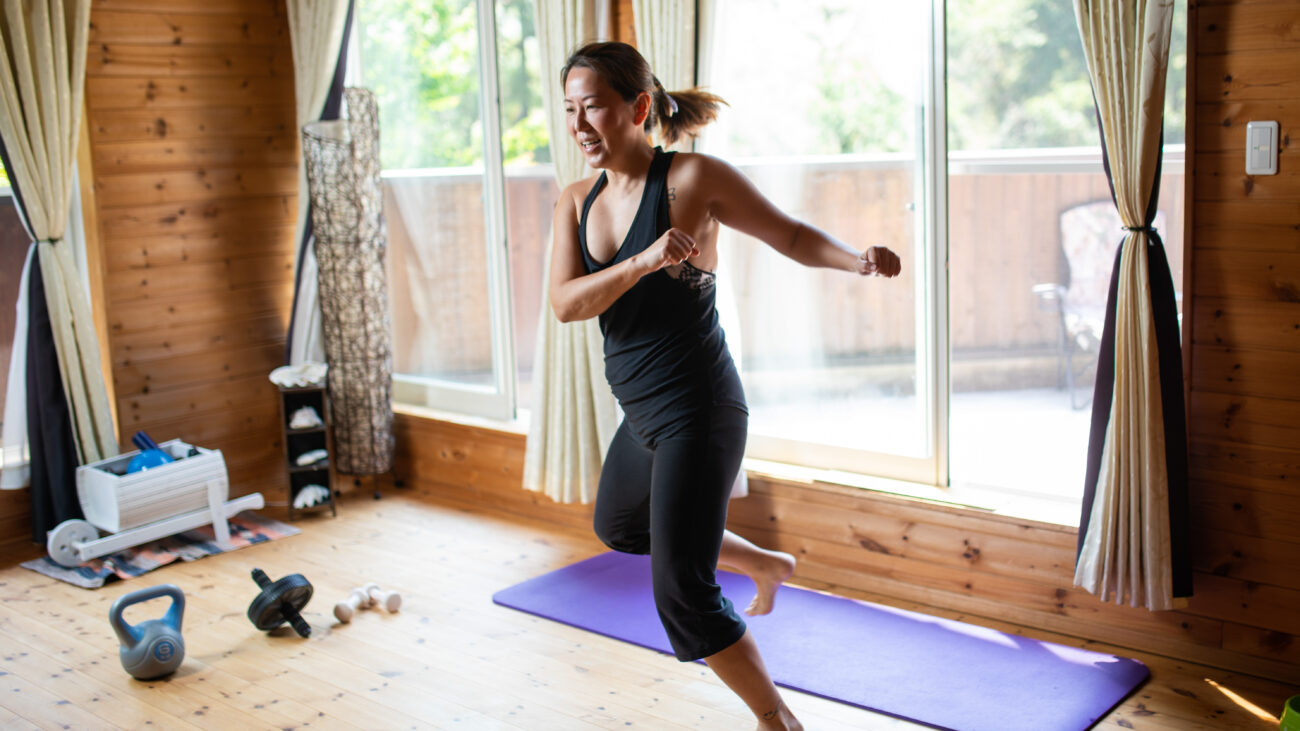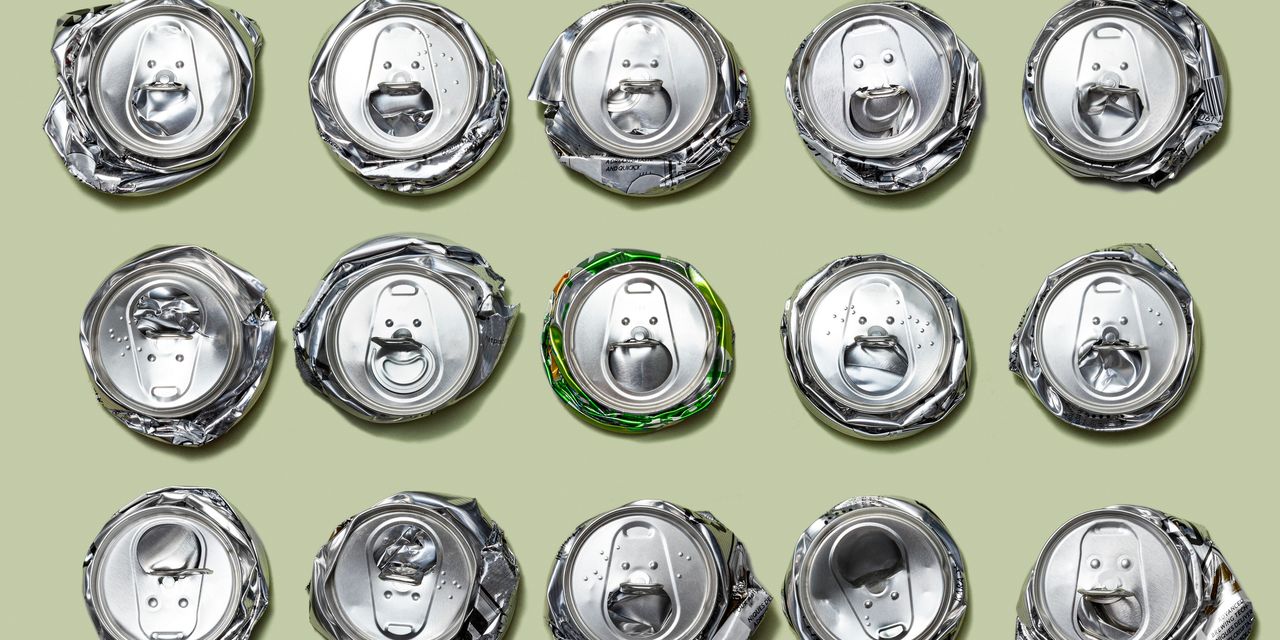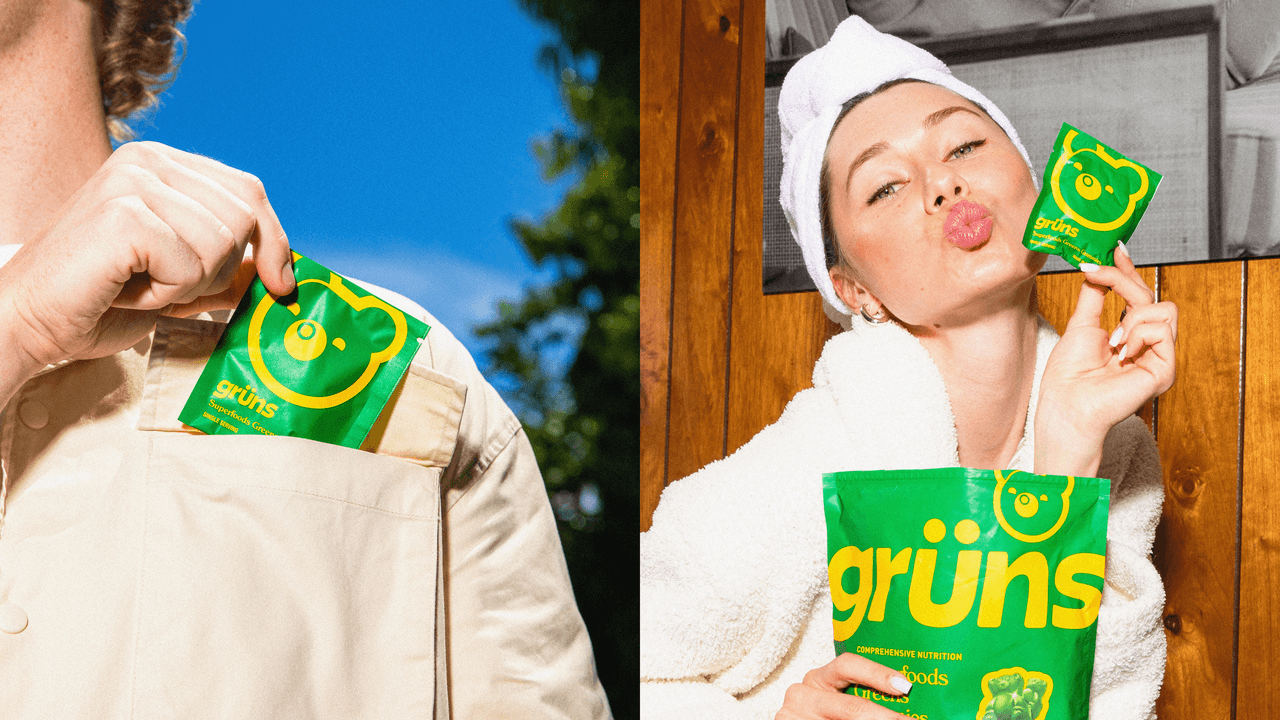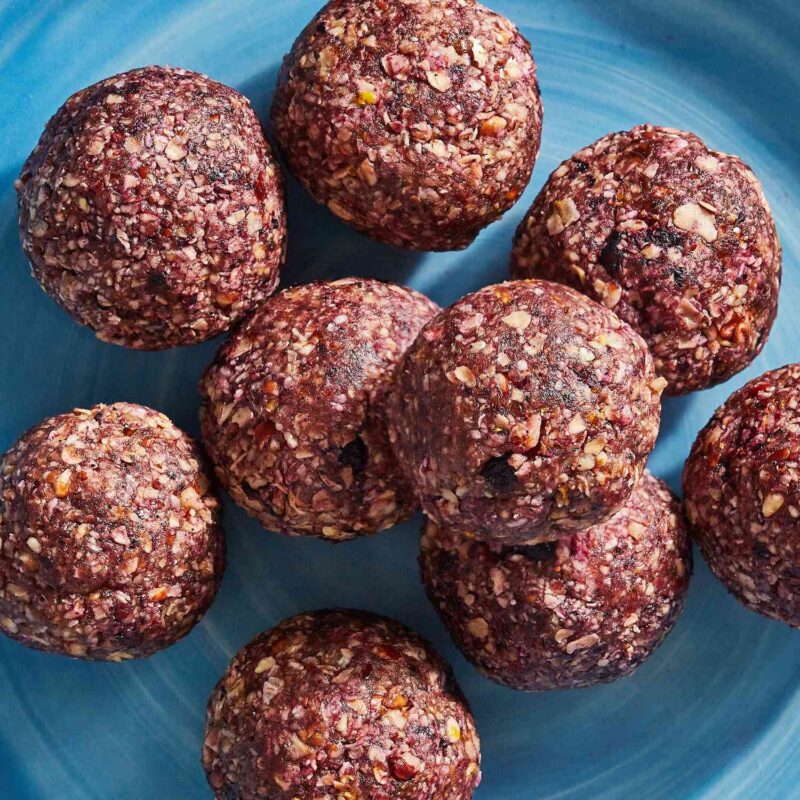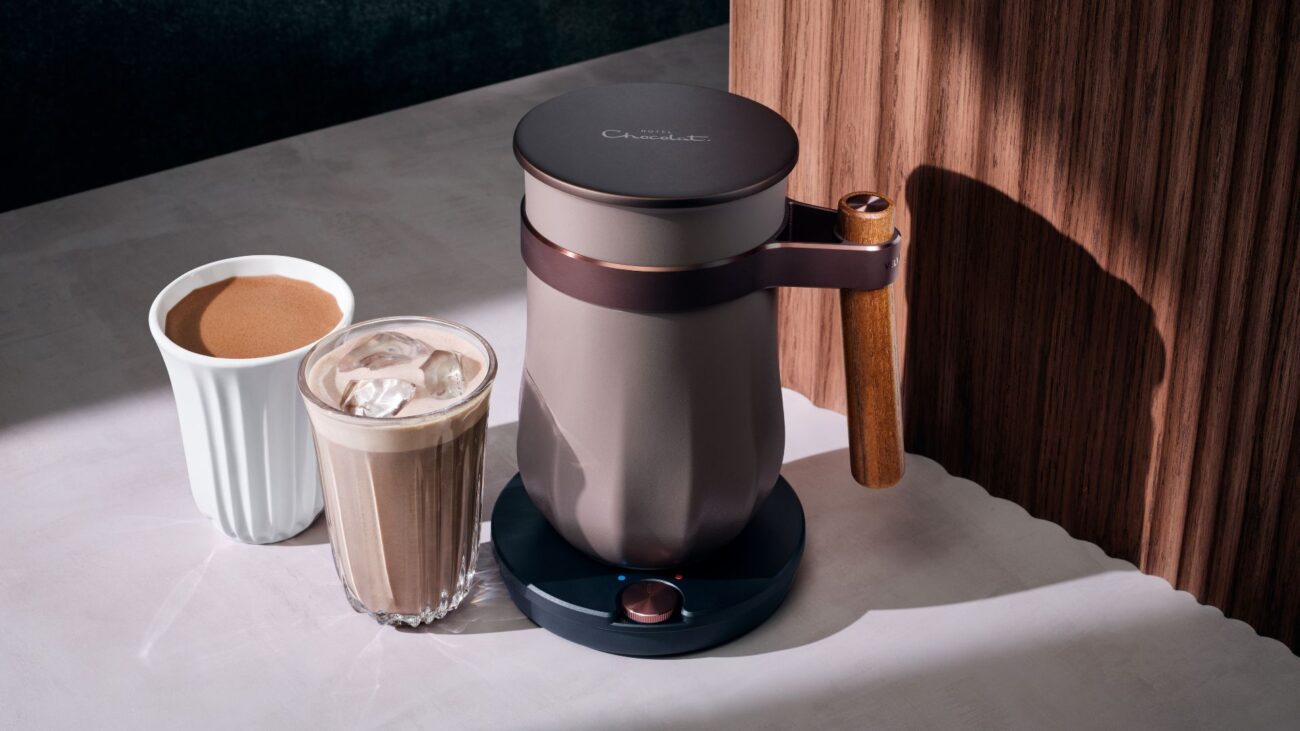Blog
6 Best Drinks When You Need an Energy Boost
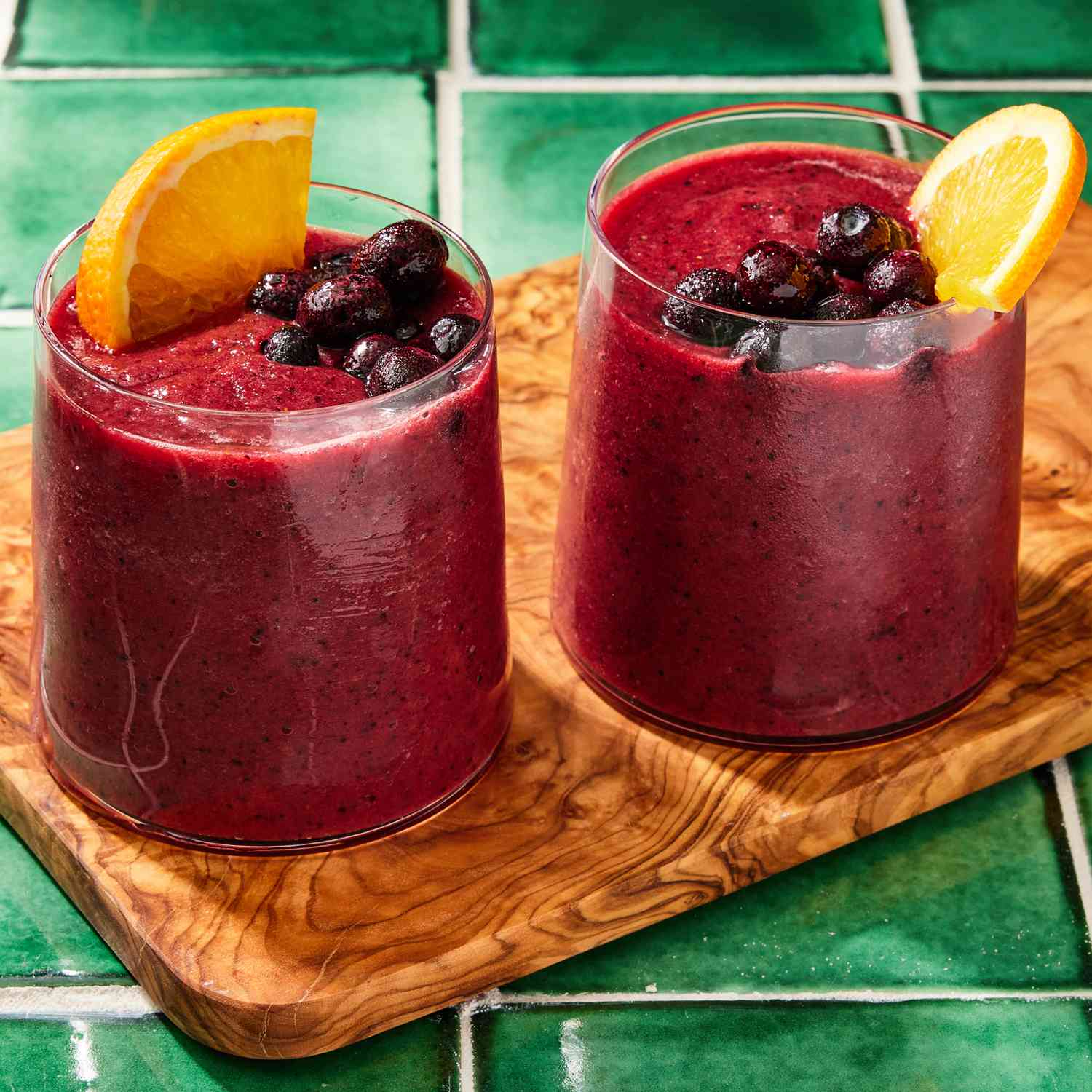
- Some drinks can provide a quick energy boost while you work on fixing underlying fatigue causes.
- Water, coffee, smoothies, matcha, and fresh juice help hydrate, fuel, and enhance physical and mental energy.
- Pair energizing drinks with sleep, exercise, and balanced habits for sustained all-day vitality.
We all have times when we’re feeling sluggish and need a pick-me-up. About one-third of workers in the U.S. reported emotional exhaustion, while nearly one-half said they were physically fatigued. In addition, 13.5% of adults over 18 years old feel exhausted on most days or every day of the week. That all adds up to a whole lot of lagging.
Issues with energy and fatigue typically go deeper than just a quick fix. However, as you work on the underlying cause—be it work or life stress, a health problem or lifestyle habits that need an adjustment—there are also things you can do in terms of your diet to put a little more pep in your step. Some drinks can help boost your energy in a pinch. But remember to try to get a little more sleep tonight, too, OK?
1. Water
Feeling a little sluggish? Surprise! You might need water—not coffee. Why? You might be dehydrated. This affects the cells in your muscles and brain, and you might feel that as brain fog or lethargy. “Every cell in your body needs water to function. If there’s not enough water in your body, this means that every cell is going to be deprived of this, and—although it might still function with the little water it does have—it’s going to do so less optimally,” says Samantha Cochrane, MPH, RD, a registered dietitian at The Ohio State University Wexner Medical Center. Studies in adults have shown that dehydration can cause fatigue and sluggishness, as well as diminished mood and cognitive performance.
In terms of how much water you should drink, females should aim for 91 ounces of total liquid from food and drink per day; for males, that’s 125 ounces. Cochrane advises drinking water when you’re thirsty. She says that having a water bottle by your side, choosing a bottle that keeps your water at your preferred temperature (e.g., cold versus room temperature), and flavoring your water with fruits or water infusion packets (with no added sugar) can entice you to drink more.
2. Coffee
Of course, coffee is on this list. Caffeinated coffee contains caffeine, a stimulant that binds to adenosine receptors in the brain. Adenosine makes you feel sleepy, but caffeine blocks that process from happening, which ultimately makes you awake and alert.
Coffee offers many health benefits, from a decreased risk of heart disease to a healthier brain. However, there are a few things to remember if you have a java habit. Cochrane cautions against substituting coffee for breakfast. “Caffeine may provide a short boost of energy, but the energy you get from food in the morning is more likely to help with sustained energy throughout your day,” she explains. In addition, be mindful of how much sugar your cup contains. Sugar, too, can increase your energy temporarily, but you’re also more likely to have an energy crash due to fluctuating blood sugar levels.
3. Smoothies
Unlike water, coffee or tea, a well-planned smoothie contains macronutrients—carbohydrates, protein, fat—that provide calories to give your body energy. “Most drinks alone will never give you a good balance of all of these nutrients, but smoothies or shakes might be an exception,” says Cochrane. Plus, a smoothie is also a source of hydration from the added liquid, ice and fruit. (The majority of fruit is water.) But just because it’s a smoothie doesn’t make it automatically healthy—some can be added-sugar bombs from juice with added sugar or even sherbet. Cochrane suggests making sure yours is made with a source of protein (e.g., protein powder, yogurt or milk), healthy fat (e.g., nut butter, avocado) and fiber-rich carbohydrates (e.g., fruits and vegetables).
Pictured Recipe: You’ll Want to Drink This Anti-Inflammatory Beet Smoothie Every Day
4. Matcha Tea
Stress is such a drag on your energy; it can make you feel depleted fast. If you’re entering a stress slump, try a hot or iced matcha. Healthy adults who consumed 2 grams of matcha (about 1 teaspoon) every day for two weeks had better cognitive function during and after stressful conditions than placebo groups. Catechins in tea combat the damage free radicals can have on the brain; matcha also has theanine, a compound known to boost attention, and some caffeine for a perk.
Matcha, especially when purchased from a coffee shop as a “matcha drink” (rather than tea), may be packed with added sugars. Look out for those in your favorite matcha, or better yet, brew yours at home with one of these Healthy Matcha Recipes.
5. Fresh Fruit and Veggie Juice
An increased intake of fruits and vegetables has been associated with less tension, lower worries and increased feelings of joy. Fresh whole fruits and veggies differ from juice, of course. Still, researchers suspect that the variety of vitamins, minerals and antioxidants may affect one’s well-being through mechanisms like better blood flow to the brain or changes in the gut microbiome.
One idea? Grab two gold kiwis, puree them in a blender, and then top with sparkling water or coconut water for a kiwi refresher. Eating two kiwifruit per day has been found to improve one’s feelings of “vitality,” as well as energy and mood, possibly thanks to the fruit’s high vitamin C levels.
6. Beet Juice
Beet juice might not be your first choice in a beverage, but it may boost your exercise performance. Beetroot juice has been shown to decrease fatigue during a running sprint test. Further research has concluded that beet juice improved performance during resistance exercise. Beets pack nitrates, which are converted into nitric oxide, a molecule that helps dilate blood vessels to improve blood flow, thus increasing oxygen to the muscles and the brain—which can help you feel as if you’re not working as hard (and therefore have more energy to tackle physical exercise).
Other Tips to Boost Your Energy
In an energy slump? Here are three lifestyle habits that can make you feel more energetic and on it.
Improve Your Sleep Hygiene
If you need caffeine to stay alert, hit the snooze button multiple times, or are increasingly cranky, frustrated or have trouble focusing, you might be sleep-deprived. Aiming for the seven-plus hours of sleep per night adults need can help. The key, though, is getting there. Proper sleep hygiene—such as turning off electronics before bed, instituting a “wind-down” time and sleeping in a cool, dark and quiet environment—can help you catch the Zs you need.
Exercise Regularly
Getting your sweat on doesn’t make you tired—it can pump you up. People who maintain a moderate-intensity exercise routine benefit from “small-to-moderate” improvements in fatigue, energy and vitality. The best boost in energy came when people did both resistance and aerobic exercise compared to aerobic exercise alone—so pick up some weights or settle in for a few rounds of squats.
Control Your Caffeine Consumption
Caffeinated beverages like coffee are indeed healthy for you—up to a point. If you’re over-caffeinating, it’s important to break that cycle, says Cochrane: “Everyone’s sensitivity to caffeine is a little different, but drinking too much caffeine in the morning may result in that energy crash later in the day. This then results in more caffeine, which might make sleep poor, leading to more and more coffee needed in the morning.” If you notice that this is a pattern for you—relying on caffeine to sustain your energy in the morning but still feeling a slump later—then slowly start to scale back how much you drink in the morning and try to eliminate afternoon caffeine, Cochrane advises. Subbing it out for flavored seltzer waters or herbal teas can make the transition easier.
Our Expert Take
The best beverage for sustained energy levels throughout the day is not coffee—it’s actually water. Be sure to sip H20 throughout the day. Other drinks, like matcha tea and smoothies, can be used to perk you up, too.


